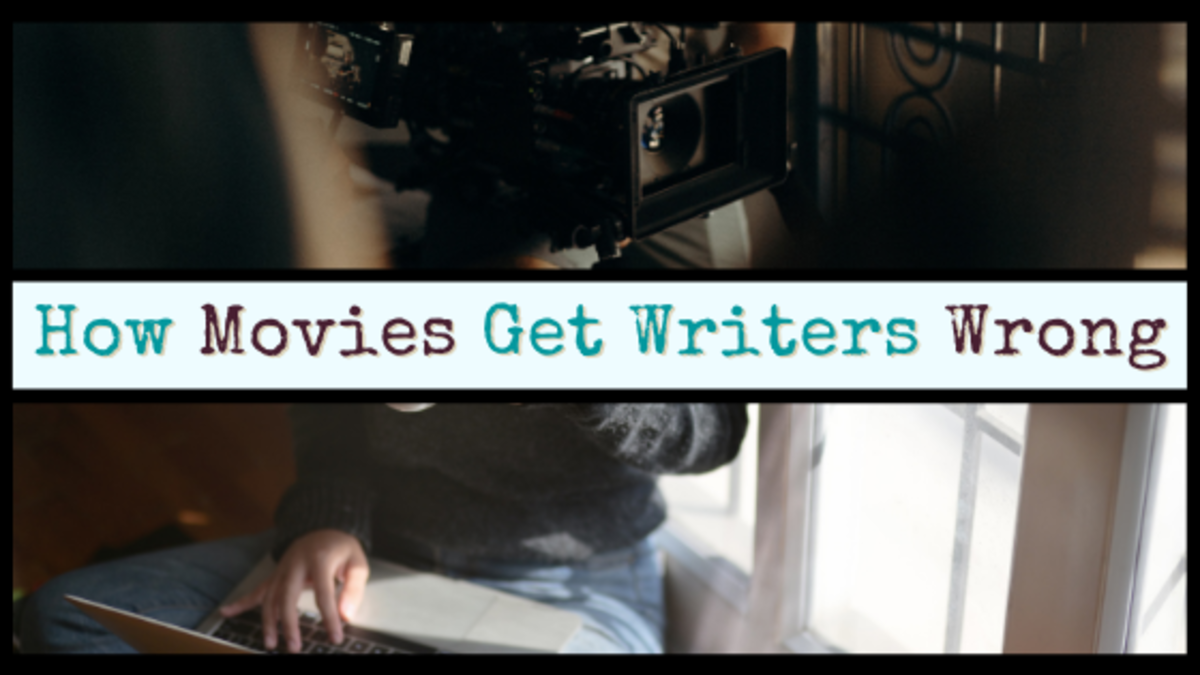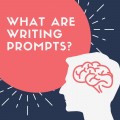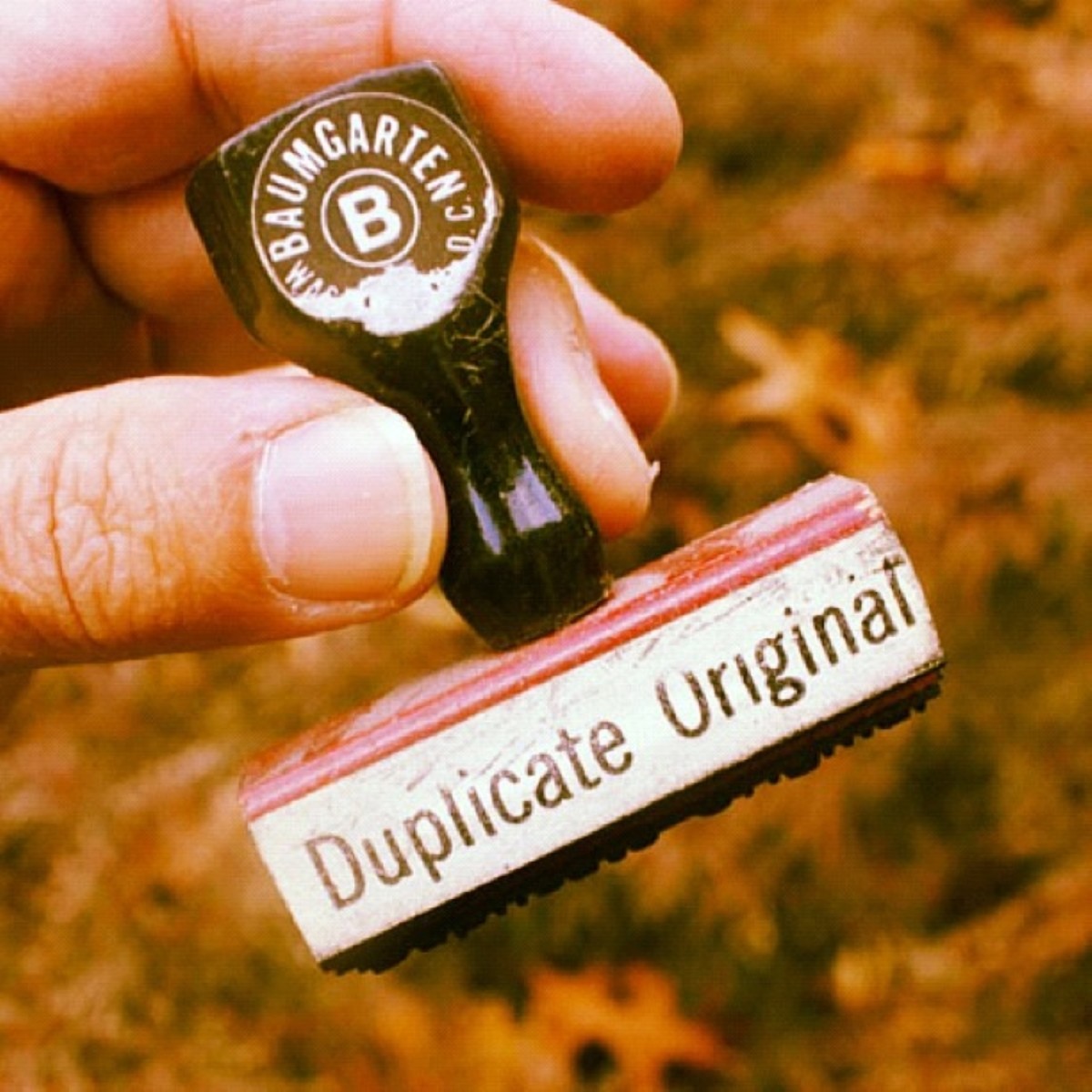Seven Things Writers Need Every Day

Boost Your Creativity and Productivity
So the secret to boosting creativity and becoming a more productive writer doesn't necessarily involve coffee. (But it can! And dare I say it, should!) Who knew?
I'm no best-selling author (I wish!), but I've noticed patterns in my writing. I've noticed that my words just flow more when I do certain things. When I don't do them, my mind puts the brakes on and refuses to budge, no matter what type of project I'm working on. Here are some of the things I think all writers could benefit from, based on my experience:
Physical activity
When you're still for too long, your mind gets too still. Not in the reaching-for-clarity kind of way. You mind stalls. You think stale thoughts. Physical activity not only ensures (hopefully) that you'll be around for quite some time to share your thoughts and perspectives, but you unclog your mind. Have you ever had writer's block, taken a walk, and then came back with all new ideas? If not, you didn't walk far enough. Fresh air, a thumping heart, sunshine, and getting away from that desk to get your blood pumping oxygen through your system will do wonders.
An article at Naturally Savvy explains how vigorous physical activity can take us out of our traditional ways of thinking and open our minds to new ideas and solutions. I noticed a huge difference when I was training for a 5K. Even though that took an hour or two out of my day counting the time it took to drive to the gym, run, and shower during the day instead of before bed, etc, I was still much more productive during my work hours. Yoga has also worked some miracles for me, but that ties in with physical activity as well as meditation, which I'll mention later.
Self-confidence
I don't care if what you believe today is different from what you believed yesterday and what you'll believe tomorrow as long as you have the courage to express your thoughts rather than trying to express what you think everyone else wants to hear you say.
I've spent almost all of my 20s keeping my mind locked up out of fear that I'd embarrass someone close to me by voicing a different point of view, or embarrass myself because I wasn't intelligent enough to reach the "correct" conclusion. I can't tell you how liberating it feels to allow myself to think, to reach my own conclusions, to trust myself, without looking for validation from other people. Be confident in your thoughts. Trust your capabilities. Look at the facts and reach your own conclusions, and if they don't match everyone else's, so what? That doesn't mean you're wrong. (You may be, but again, so what? Find out why and change your stance.) That doesn't mean you shouldn't be open-minded, but don't be so quick to shut down and decide you're wrong because someone has an opposing view. Get those thoughts down on paper or the computer screen—don't be shy.
Meditation
Just as getting your body moving is important, so is quieting your mind. Let it rest when it's time. No, that doesn't count sleep. You probably won't come up with the next great American novel while you're meditating, so be prepared; in the beginning, you'll start thinking of errands you have to run, how you could've worded something better when you were talking with someone, etc, until you learn to really quiet your mind.
The real magic happens later. Once you hit the reset button on your mind with meditation by clearing some space, you'll find an abundance of new ideas flooding into your brain at other times of the day. Results of meditation include clarity, the ability to focus, and a new perspective. Starting your day with meditation can help you train yourself to focus on your work (resist Facebook, Twitter, and Tumblr!) and deal with the stumbling blocks that will inevitably present themselves either in your work or your daily life.When I started meditating and consistently doing at least 15 minutes of yoga per day, I noticed a difference in just a few days. I was calmer, more thoughtful, and able to focus for longer periods of time.
A Routine
Sometimes it's really hard to get started. None of the ideas are good enough. Laundry needs to be washed. Dishes are piled so high in the sink, they're about to topple onto the floor. You need to make a grocery list. Etc. It's easy to procrastinate when you set your own schedule. If you don't have any looming deadlines, you're only answering to yourself, waiting for the next idea to strike.
Pouring that cup of coffee and sitting at your desk at a certain time every morning will tell your mind, "Okay, time to come up with something—anything—and we'll work from there." Have a schedule for your writing and you won't be able to put it off any longer. You may even wish to start your day with physical activity or meditation, then move on to writing. As long as you have something that sets you up to get to work at the same time every morning, you're on the right path.
In The Creative Habit, Twyla Tharp stresses the importance of a routine. Creativity doesn’t come from magic. It comes from training yourself to just sit down and…create. What you come up with could be brilliant or it could be horrible, but at least you've got something to work with and your brain knows what it has to do every day. Tharp also mentions the importance of writing first thing in the morning--three pages--before the inner critic really kicks in. She says this is a good idea for all creative types, not just writers, but think about how you could benefit from getting those words down before your inner editor wakes up and tells you that everything you just wrote belongs in the trash.
To Just Write Already
Remember all those free-writing exercises you had to do in school? Did anybody really enjoy them? Maybe not, but you probably came up with a few ideas for other stories, essays, etc, from what you got. Forcing yourself to write every day, whether you think you have a good idea or not, will eventually result in something good. Trust yourself. Just make yourself write a certain number of words or complete a first draft of a smaller project, or nothing will ever happen in your writing career.
A Good Book (Or a Bad One)
In order to write, you must read. Reading good books that can inspire you and teach you is ideal, but even getting stuck with a bad one will hopefully teach you what not to do. Inspect others' work and identify what does and doesn't work—and why. Stephen King talked quite a bit about the symbiotic relationship between reading and writing in his book, On Writing, and there are tons of quotes that make you want to run to the nearest library or bookstore, or turn your Kindle on to study up, but it all boils down to this one: “If you want to be a writer, you must do two things above all others: read a lot and write a lot. There's no way around these two things that I'm aware of, no shortcut.”
Someone to Talk To
Complete isolation won't help many people, even if they are loners by nature, as many writers are. Exchanging ideas with people will give you the opportunity to have your perspectives challenged, come up with new ideas, and just reap all the benefits that face-to-face interaction has to offer. As withdrawn as some writers can be (I could probably go a week or two without leaving the house), at some level, that social interaction is necessary. It doesn't have to last long, but it should happen. Depending on your personality, this may or may not need to happen every day. Even if you're fine without face-to-face conversation (I'm looking at you, fellow introverts), hop on Facebook, visit a forum, etc. Do something to get out of your own head for a while.
Bonus Tip: Have A Treat
This doesn't mean you need to buy yourself a donut for every 1000 words you write (but oh, what a deliciously fattening month November would have been, thanks to NaNoWriMo). Far from it. But you should set a goal per day—maybe a word count goal—and when you finish it, allow yourself a break to enjoy a chocolate, take a walk, watch a TV show, etc. Don't make your life all work, no matter how passionate you are about it. With a break, you may think of a new way to approach a challenge. You're also less likely to burn out on the story or whatever it is you're working on.
The bottom line is: get a schedule and stick to it, but take some breaks. Use your breaks wisely, though, and enrich your mind in several different ways. In addition to becoming more productive as a writer, you'll probably notice lower stress levels and an overall improvement in your health.







